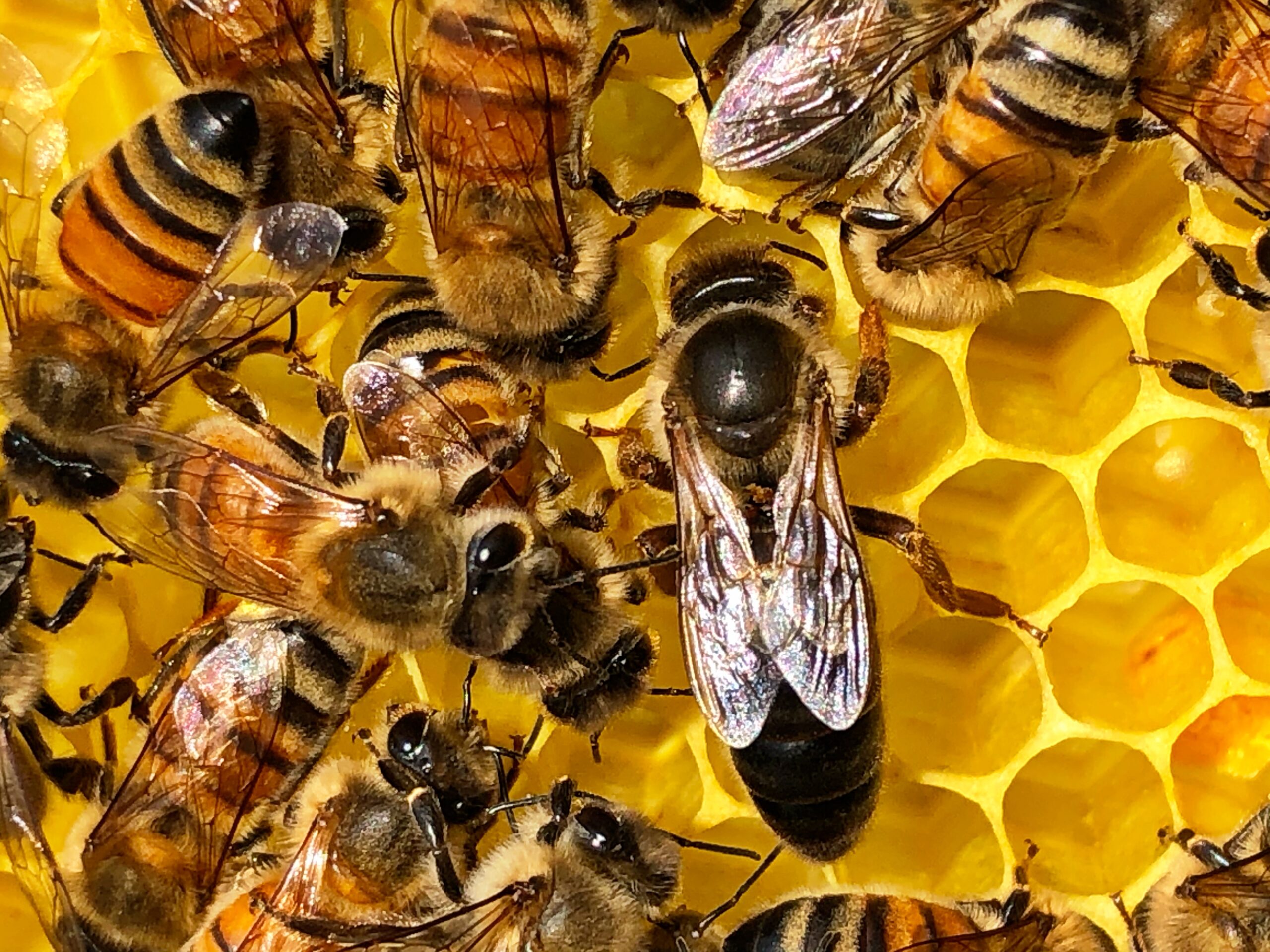Toe Cane Beekeepers Association (TCBA), representing beekeepers in Mitchell, Avery and Yancey Counties, has received a $2,500 grant to provide equipment and advanced education to enable honey bee queen bee rearing, which will boost honey bee populations in the region.
The NC State University Apiculture Project in partnership with SARE (Sustainable Agriculture Research and Education) and the NC Tobacco Trust Fund Commission, secured the grant funding and awarded the grants to bee clubs that showed the most promise for successful local projects.
The Toe Cane chapter is one of 10 selected from across the state to receive funding that is designed to improve the overall health of honey bees and potentially stimulate a new niche economy to aid the challenged apiculture industry.
The project will take place at the club’s new Community Educational Apiary (bee yard) on the campus of Mayland Community College near Spruce Pine, according to TCBA President Debbie Griffith. A spring starting date is anticipated.
Queen bees will be reared at the apiary in specialized equipment, and will be used to establish new “mini hives” that will quickly grow into full-sized colonies of bees for producing honey or pollinating crops. The queens and small hives will be awarded to beekeepers who have lost their hives in the recent storm and to members who perform volunteer hours at the apiary. Any additional bees will be donated or sold to other beekeepers in the region with proceeds used to provide ongoing funding for the Apiary. Some queens also will be sent to NC State’s Apiculture Program for scientific analysis of their reproductive quality and health. School groups and the public will be invited to special education events that showcase the Apiary and its queen-rearing project.
Griffith said, “We applied for this grant knowing that our local beekeepers and the local bee population suffered serious losses in the flooding from Helene.This is a way to replace those losses while also offering advanced education for beekeepers interested in raising their own queens adapted to our area rather than purchasing them from other states.”



Comments are closed